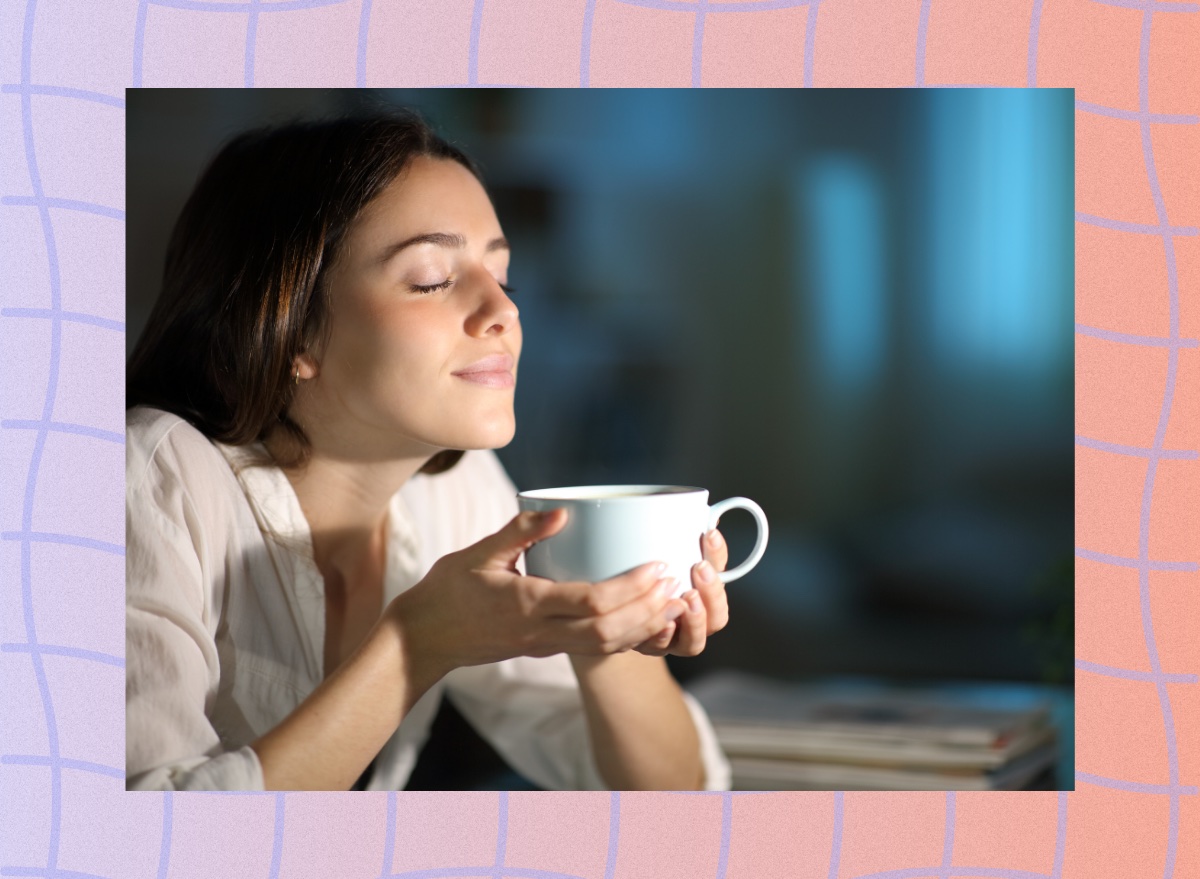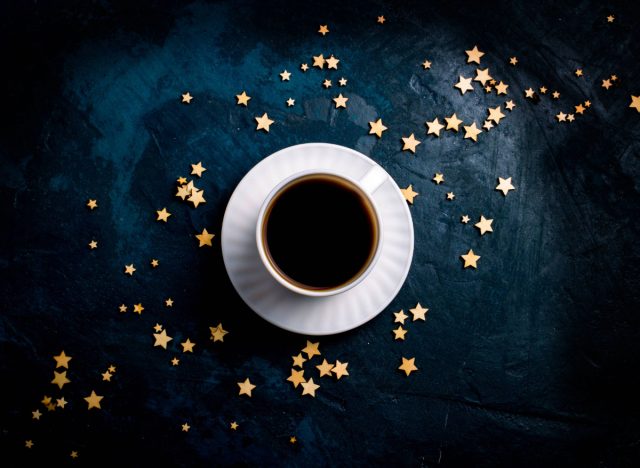What Time Should You Stop Having Caffeine for Quality Sleep?

Caffeinated drinks such as coffee and tea are daily essentials for many individuals to help them wake up and power through the day. They're also soothing after-dinner treats to pair with dessert while relaxing in front of a fire pit. But what time should you stop having caffeine in order to achieve quality sleep? After all, caffeine is a stimulant known to perk you up and boost your energy levels.
Although everyone's system is different, there should be a cut-off for your last cup of joe, especially if you have difficulty falling asleep at night. But what time should you stop having caffeine? It may be earlier than you'd think.
Research published by the Journal of Clinical Sleep Medicine suggests that having your last dose of java as early as six hours prior to bedtime can negatively impact your ability to fall asleep. So if your bewitching hour is 9 p.m., you may want to retire your mug for the day before 3 p.m.—or even earlier.
This can be a total buzzkill because around 4 p.m. is a common time to need a quick pick-me-up and start craving a soothing matcha latte or iced coffee. But if you don't want your sleep to suffer, turn to the science and expert advice we're about to share. You may want to start packing your caffeine into the earlier part of the afternoon.
And when you're finished, check out These 4 Drinking Habits Can Help You Sleep Better.
How does caffeine affect your sleep?

Tami Best, MS, RDN, IFNCP, a functional and integrative dietitian from Top Nutrition Coaching, explains that caffeine, which is found in energy drinks, tea, coffee, and certain supplements, is consumed by individuals to feel more alert and decrease fatigue. And if you've ever had a nighttime coffee drink or espresso martini, you've likely found yourself lying awake in bed or waking up in the wee hours of the morning, unable to fall back to sleep.
"Caffeine's impact is in the brain. It stops a certain chemical messenger known as adenosine from working," Best tells us. "Adenosine increases as the day goes on, leading to sleepiness in the evening. The CYP1A2 gene creates the enzyme needed to metabolize caffeine. When people have certain genetic variations of this gene, they will not produce enough of the enzyme needed to break down caffeine."
This could make it more likely for your sleep to be compromised by consuming caffeine too close to bedtime, in addition to a higher risk of enduring cardiovascular disease and anxiety, Best tells us. If you're curious to learn what variant you have, she suggests speaking with a healthcare professional about available nutrigenomic tests.
"If you sense that you may be a slow metabolizer of caffeine, it is best to limit caffeine to a maximum of 200 milligrams per day and stop all caffeine intake at least eight hours before bedtime," she says.









